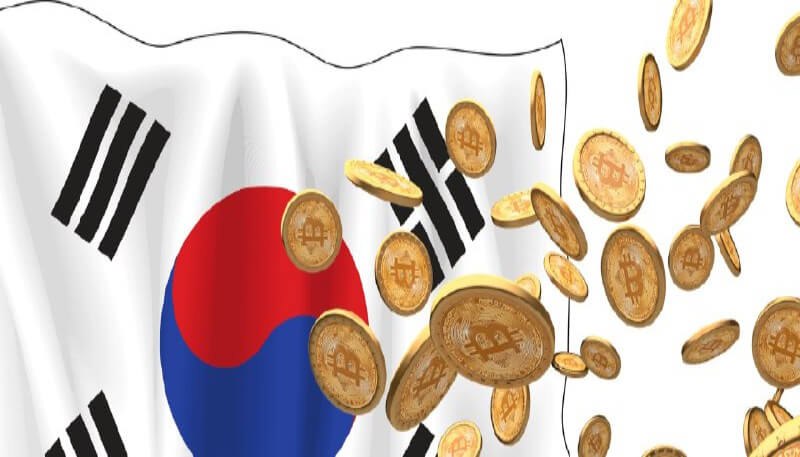- South Korea’s new crypto law requires insurance and separating user assets to keep them safe on exchanges.
- VASPs must keep an eye on transactions for money laundering and report any suspicious activities under these new rules.
- Exchanges are worried about the possibility of many tokens being removed due to the strict new compliance rules in South Korea.
South Korea’s strict new rules to protect user assets on cryptocurrency exchanges began on July 19. The “Virtual Asset User Protection Act,” issued by South Korea’s Financial Services Commission (FSC), requires VASPs to take various measures to safeguard users’ assets.
The new law, announced on July 17, requires VASPs to implement several security protocols. One key provision is that exchanges must take out insurance against hacking and malicious attacks targeting users’ crypto assets. Additionally, VASPs are obligated to segregate customers’ assets from their own, ensuring user deposits are kept securely in banks.
To further enhance security, the regulations stipulate that VASPs must maintain a high level of due diligence to prevent money laundering on their platforms. This includes the continuous monitoring of transactions and the immediate reporting of any suspicious activities to the Financial Supervisory Service (FSS).
VASPs are expected to maintain a surveillance system to identify suspicious transactions at all times, with any identified activities reported promptly to regulatory authorities.
“After investigations by financial and investigative authorities, individuals found to be engaged in unfair trading activities may face criminal punishment or penalty surcharges,” the FSC stated. This underscores the government’s commitment to ensuring a secure and transparent trading environment for crypto users.
Despite these measures, South Korean crypto exchanges have expressed concerns about the impact of the new regulations. There is a fear that the stringent requirements might lead to the simultaneous delisting of a large number of tokens.
In a related development, South Korea’s ruling People’s Power Party has proposed delaying the implementation of a tax on crypto trading profits. The proposal, submitted on July 12, argues that the current sentiment towards crypto assets is negative, and rapid tax imposition on virtual assets is deemed inadvisable at this time.
The new regulations show a step in South Korea’s approach to cryptocurrency regulation. By enforcing stringent measures to protect user assets and prevent illicit activities, the government aims to create a more secure and reliable crypto trading environment.
However, the ongoing review of crypto asssets and the debate over taxation highlight the dynamic and evolving nature of the crypto landscape in South Korea. As the regulations take hold, the industry will need to adapt to the new compliance requirements while navigating the broader implications for the market.





